Life as a Cancer Survivor
As a cancer survivor, it’s important to recognize that survivorship goes much deeper than simply completing cancer treatment. You were faced with, and pushed through, unique circumstances that challenged you physically, mentally, emotionally, and spiritually, coming out on the other side. And, even if you’re not quite feeling like your old self, you are an inspiration to those around you. You’re living proof that cancer patients can become cancer survivors who live lives that are active, full, and healthy.
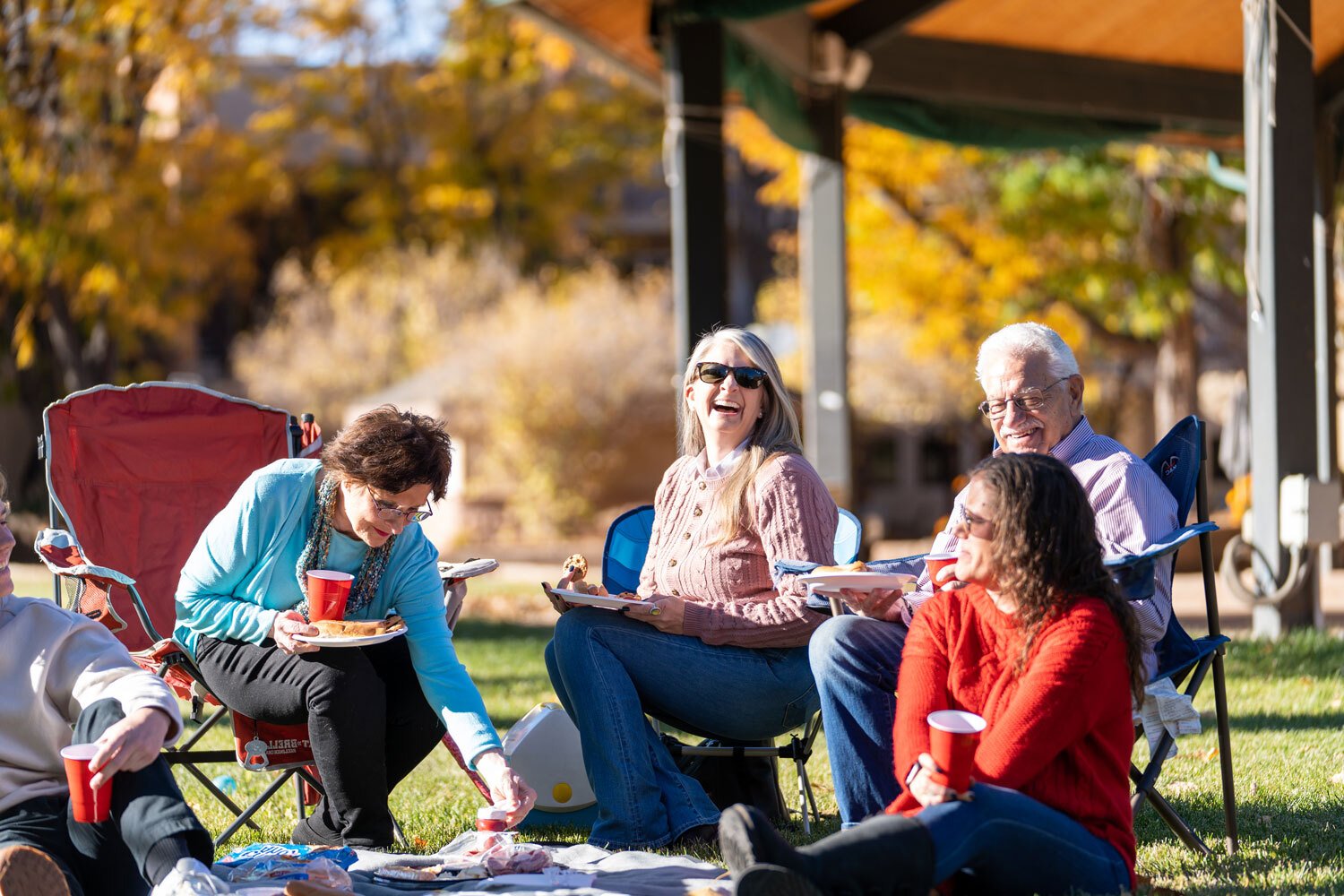
Starting out, it’s understandable that you might feel overwhelmed when thinking about what comes next— what you’d like to do with family and friends, your responsibilities, and your future. There might even be times when you question what you can or should be doing as a cancer survivor, as well as what you should avoid. And, of course, you might be concerned about cancer recurrence.
Here you'll find information that helps you manage your new life as a cancer survivor.
Cancer Survivorship Topics
There's more to being a cancer survivor than simply completing cancer treatment. Learn more about cancer survivorship with the following topics below.
Free Guidebook:Life as a Cancer Survivor
Adjusting to the New Normal of Cancer Survivorship
- How will you transition back into your pre-cancer roles/responsibilities within the immediate family?
- Will you go back to your old job or find a new one? If so, will it be full-time or part-time?
- How will you deal with friends or co-workers who may not know exactly how to treat you?
- What can you do to make healthy choices regarding nutrition, physical activity, and mental health self-care a priority?
- What can you do to keep post-cancer depression and anxiety at bay?
- Are there any post-cancer financial concerns that I need to take care of? If so, how?
You Are Not Alone in Your Survivorship
Fortunately, there are many organizations and resources available to you and your family that can help you gain a better understanding about cancer survivorship:
- Consider joining a support group with other cancer survivors who can relate to what you are going through.
- Refer to your physician as the primary source of information related to your health. When you are looking for information about a condition or side effect, be sure to seek out reliable resources.
- Mentor another cancer patient by sharing what you’ve learned during your cancer journey. To learn more about how survivors can easily serve in this role, visit the American Cancer Society website.
Remember, you are not alone in your survivorship. We are here to help you prepare for this next chapter.
Cancer Treatment Experiences Shared By Our Patients
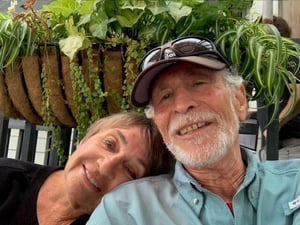
HER2-positive Breast Cancer Patient Paves the Way for Future Treatment
Nancy Chapin tackles cancer the way she approaches everything in life—head-on and with a healthy dose of humor. At age 81, Nancy has undergone...

Climber Reaches New Heights with Cutting-Edge Cancer Treatment
Doug Duquette was sitting in his car at a stoplight when he reached up absentmindedly and touched his neck. It was then he noticed two large lumps,...
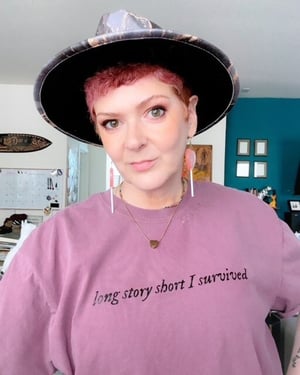
A Hero Among Us: Cancer Survivor on a Mission to Help Others
Someone who battles cancer is a special type of person. In fact, some might even call them a superhero. They have the ability to overcome obstacles...

How Speaking Up During Cancer Treatment Makes a Difference
Cathy Dennerline was on vacation when her 18-year-old son noticed her eyes looked yellow. If he noticed, Cathy thought, then there’s probably...

Looking to the Future: Lymphoma Survivor Finds Hope and the Support She Needs through RMCC
Anna McCree was 26 years old when she started having intense back pain. She was an ice skater as a child who had her share of spills on the ice, but...
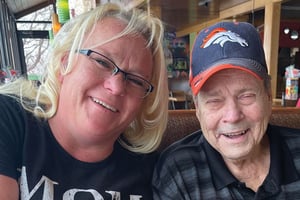
Three Years, Two Patients, and One Doctor: A Family Journey with RMCC
After retiring from his job in Colorado, Larry Riedesel, 76, and his wife, Mary, decided to move to Oklahoma. The couple’s large family – five...

From Pediatrician to Patient to Survivor
Approximately a decade ago, Dr. Fred Logan* retired from a long, rewarding career as a pediatrician. A few years later, he got firsthand experience...
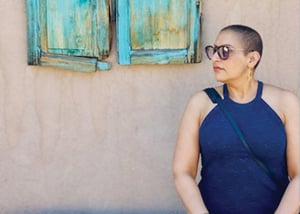
Adventuring on with Metastatic Breast Cancer
Pinder Gill has more hiking trails to complete, more countries to explore, and more memories to make with her family. In short, the 46-year-old tech...
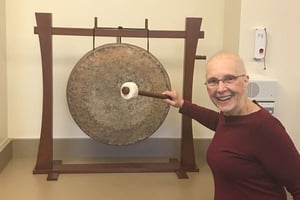
Breast Cancer Survivor Says Get Your Mammogram
In 2017, Lakewood, Colorado resident Lois Brady wasn’t feeling very well, so she scheduled an appointment with her primary care provider. What she...
Cancer Survivorship Resources
There are many organizations dedicated to supporting you as a cancer survivor by offering programs and retreats. Learn more by visiting their webpages below.
